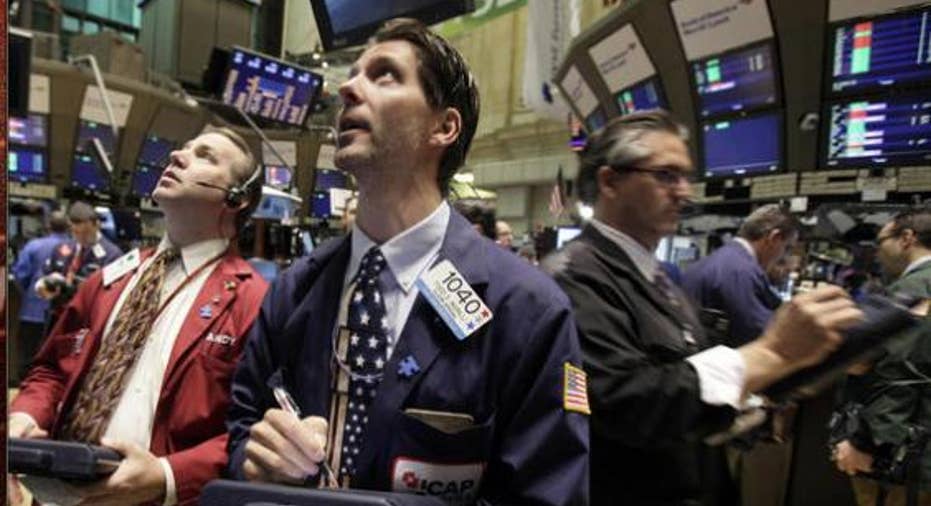CFTC Study: High-Frequency Traders Are Ripping Off Small Investors

My mom told me the world's not fair- and expecting that is a recipe for frustration. However, the unfairness in the stock market is a problem that deserves fixing. The stock market doesn't belong to one type of trader, but to all of us.
High-frequency traders, professional traders, whose lightning fast trades preclude any real fundamental choices being made seem to dominate the trading world these days and were widely recognized as the folks behind the flash crash. Remember May 6, 2010? That was the day the market inexplicably fell 1,000 points and then rallied back nearly as much. They also brought us the Knight Securities gaffe and a myriad other examples of weird trading.
Now, lots of professional traders, not all of them, the high-frequency sort, defend their ways saying that they provide liquidity. Today, a new study is shedding light on who gets the short end of the stick and it's not pretty.
According to a study by CTFC Chief Economist Andrei Kirilenko, high-frequency traders make big profits off of small retail investors. They make $3.49 for every futures contract they traded, and $1.92 for every contract traded with big institutional investors.
The author of the study concluded that the markets were a "zero sum game" on which high-speed profits come at the expense of other traders.
He's not the only canary in the coalmine.
Former SEC Chairman Harvey Pitt said this to us recently:
“Well, I think we have to get a grip on technology, high-frequency trading. We have Knight Securities, we had the flash crash, we have NASDAQ and Facebook, and all of these problems are steamrollering and there has to be some orderly mechanism by which people use technology according to well established rules.”
Regulators like Treasury Secretary Tim Geithner, and Federal Reserve Chairman Ben Bernanke, have written that accelerating automation of the markets may threaten their stability.
In an annual report of the Financial Stability Oversight Council stated that the evolution of the markets "could lead to unintended errors cascading through the financial system."
I want a system where regular investors, you and me, can trade stocks and not be worried about coming out on the short end of the stick. The stock markets were developed in this country as a mechanism for raising capital and pricing assets. We should get back to that.



















